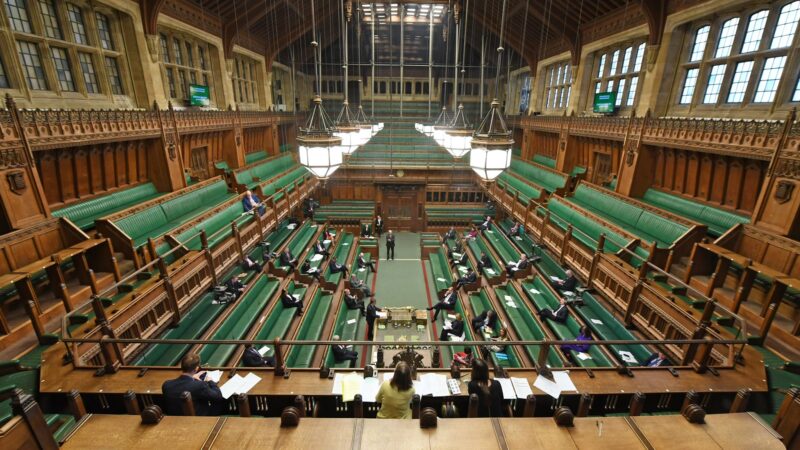
It doesn’t look good, does it? Out of 61 areas picked by government ministers for the new Towns Fund, 60 were in Conservative-held seats or Tory targets with an average majority of just 3,000, according to The Times. It’s understandable that Labour is calling for an inquiry into how this happened. But in a way, the conclusion is moot.
A few comparisons are worth looking at here. The analysis shows that Labour councils have borne the brunt of local government cuts over the past decade. Other studies have shown that central government grants to English local authorities are larger in authorities containing marginal constituencies than safe ones. Last year, the BBC found that Conservative-held constituencies were the overwhelming beneficiaries of the government’s increase in schools funding. Whatever any Cabinet Office probe recommends, the warped incentives will remain the same. Westminster’s politics is anchored in cronyism and pork-barrel politics and it will take more than tinkering to sort it out.
When governments decide they don’t stand a chance in some areas, the mental calculation is that it’s just not worth funding them. This is true for all governments. Why? Because the system is bust. When elections are won and lost on a handful of leafy swing seats, some lucky voters get lavished during elections – and those in most need continue to wither on the vine. We’ve seen a microcosm of this with the Future Towns Fund. But it can also lead to much bigger public policy choices being made based on where the votes are, and not where the need is.
The mantra is this: pile cash into a handful of swing seats, ignore the rest. It’s warping our economy. I’m reminded of a Conservative minister quoted in The New Statesman a few years ago: “When she used to ask Osborne for something, he would first ask her how big her majority was – and then reply, with a smile, that it was too large for her enquiry to be worth considering.” This winner-takes-all mentality is playing out in the coronavirus crisis, too. We’ve seen red-to-blue swing seats including Wakefield and Barrow-in-Furness avoiding lockdowns, while two-thirds-red Greater Manchester – with a far lower infection rate – was quickly placed into lockdown earlier this summer.
Westminster’s voting system means most of us live in seats that never change hands. Millions of people are ignored if they didn’t vote for the party in power and are often taken for granted if they did. How many times have you heard on the doorstep “the same person gets in time and time again” or “my vote doesn’t count”? Safe seats only get a look-in when ministers kindly include their own constituencies in the prize draw – as Robert Jenrick did with the Towns Fund.
14.5 million voters went unrepresented in the last election. One in three felt forced to hold their nose. Many others simply didn’t bother voting at all. That’s why democratic reform is fundamentally an equality issue. We are committing to being ‘left behind’, by marking most of Britain as uncompetitive. A House of Commons elected by proportional representation – as is the norm in Scotland and Wales – would mean all voters getting their preferences considered, not just a small number of citizens who happen to find themselves living in a swing seat. It’s a damning indictment that at the last election, despite predictions of volatility, the Electoral Reform Society (ERS) predicted the result in 316 out of 316 seats, many that were unchanged since the Victorian era. This is calcifying our communities.
To truly ‘level up’ Britain, we need a voting system where every voter counts, wherever they cast their ballot. Then we could have policy choices being made on sound economic and social grounds – rather than where the governing party hopes to buy support. The vast majority of Labour members are behind this cause. Keir Starmer has signalled his support for change. A new internal initiative is bringing together all those who back democratic equality and fair representation. To root out the cronyism in Westminster politics, reforming the warped voting system would be a good place to start.



More from LabourList
West of England mayoral election: Who are the Labour candidates hoping to replace Dan Norris?
Labour’s Budget 2024: What policies could Rachel Reeves announce?
The Labour ministers dominating the airwaves on morning broadcast rounds